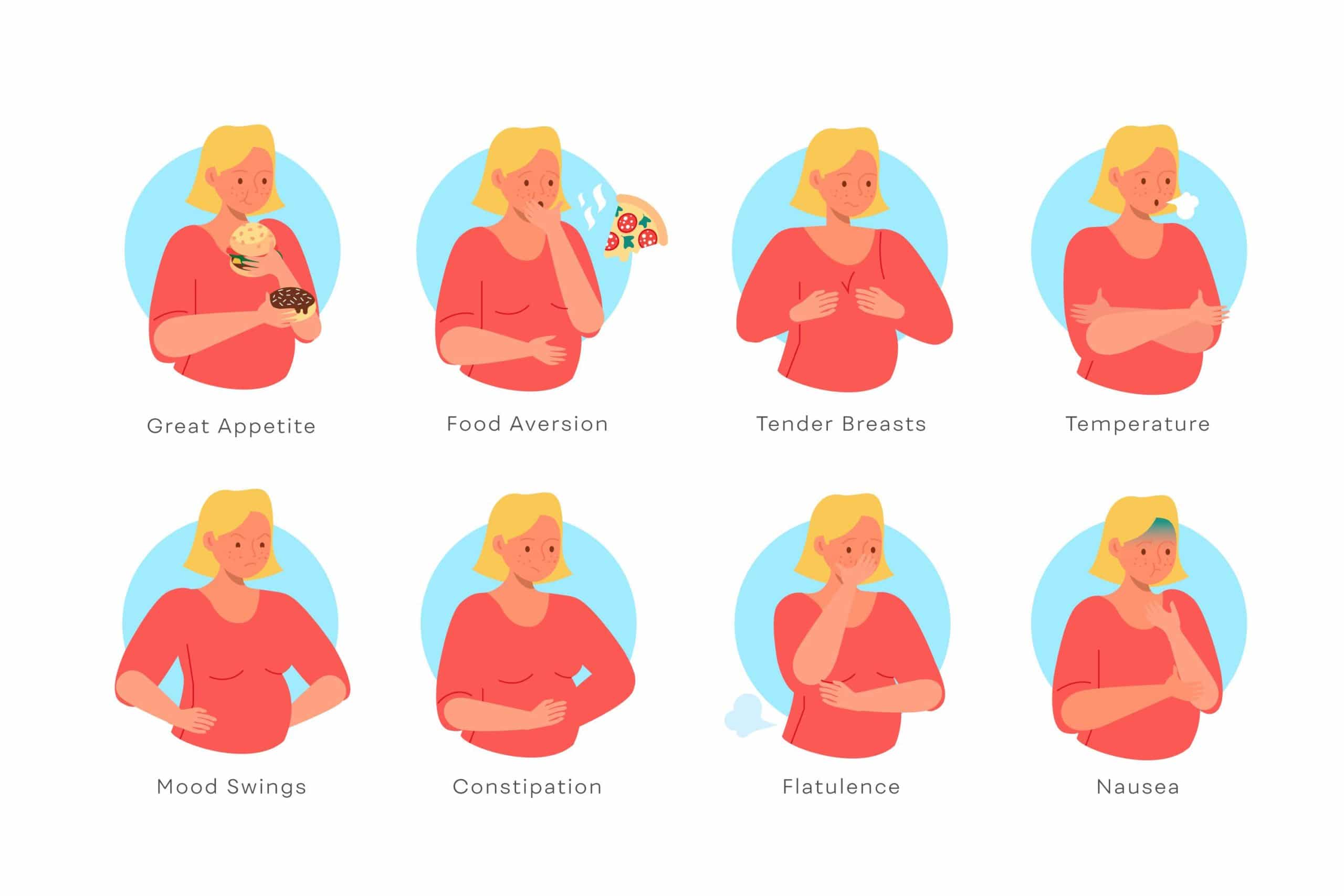|
Getting your Trinity Audio player ready...
|
Starting a diet to lose weight and improve your health is a laudable objective, but it may be daunting at the same time.
Table of Contents
ToggleSome people may wonder if dieting is good or bad?
A good diet helps you lose weight – it works because you eat fewer calories than you burn.
You can still achieve your weight-loss objectives as long as you don’t wish to change your eating routine at once.
Dieting Advantages and Disadvantages
What you should know about the good and bad in your diet:
Dieting disadvantages:
- Chances to lose micronutrients
- Muscle Weakness
- Get tired easily
- Nutrient Deficiency
These are some issues you might face when you diet. However, this occurs when you don’t follow a proper dieting guide.
Here are the advantages of dieting:
- Maintain a healthy weight
- Control blood pressure and blood sugar level
- Self Control
- Reduce Cholesterol level
If you want to lose weight or maintain a healthy weight, you must eat foods from all three food groups: fats, carbohydrates, and protein.
With the rising popularity of various types of diet plans like the low-carb diet, keto diet, low-fat diet, etc., Many people assume that consuming fats and carbs will make them gain weight.
An ideal dieting guide states that reducing your fat and carb intake can help you lose weight quickly. However, this weight loss is temporary and will return as soon as you resume regular eating habits.
Truths about Dieting
-
Consistency produces better results.
Consistency is a commitment to do the right thing most of the time and to get back on the horse quickly when you stumble.
The majority of diets are short-term and rigorous. For certain people, this is the ideal fat-loss recipe. Get in, drop a few pounds, and leave. It doesn’t matter if you’re dieting for appearances, health, or both – no one wants to end up back where they started.
Success and consistency go hand in hand. Irrespective of the types of diet plan, stay consistent. Consistency in dieting allows you to stick to your goals. That doesn’t mean you should limit your food choices for the rest of your life! It simply means choosing a long-term diet, setting you up for success, and providing you with a strategy to get back on track. Most essential, it must be a change you can stick to within the long run.
2. Don’t restrict your favourite foods completely.
Calorie deficit – can be your ideal approach!
In other words, you must consume fewer calories (food) than your body utilises and needs. Therefore, consuming fewer calories and exercising more can help you achieve your goal.
Calories originate from macronutrients (macros) such as protein, carbohydrates, and fat, and they are the most significant portion of a diet. These food particles are in charge of your dieting fate, and if you keep watch of them, you can master them.
Knowing that calories and macros (are the most important factors provides you with a lot of flexibility. It means you should restrict your favourite meals, take a chance on a whim with one strange diet after another, and, most importantly, it means you don’t have to be miserable.
Your Ultimate Dieting Guide
-
Set realistic objectives
Most people who need to lose weight establish ambitious objectives for themselves, fantasizing about squeezing into sizes that aren’t practical for them. However, decreasing just 5% to 10% of your body weight can boost your mood, give you strength and enhance your overall health. Moreover, the right dieting guide suggests, losing even fewer pounds can improve overall health and, in particular, lower blood.
Set realistic weight loss objectives, and keep in mind that the optimum weekly weight loss rate is only 1-2 pounds. Follow the slow and steady wins approach. Learning new dietary habits that will last for the rest of your life takes time.
2. Increase your fibre and healthy fat intake
Fibre can be obtained from various food sources, including vegetables, fruits, legumes, and whole grains. According to several studies, merely increasing your critical fibre intake will help you shed a few pounds and keep it off. Follow a dieting guide and plan your meal. Adding beans to your salad, munching on fibre-rich nuts and seeds, or eating oats for breakfast are all effective ways to boost your consumption.
While it’s usual to remove fat first when trying to lose weight, good fats can help you attain your weight loss goals.
Studies indicate that eating a high-fat diet rich in olive oil, avocados, and almonds can help you lose weight.
Furthermore, lipids and fibres keep you fuller for longer, reducing cravings and assisting you in sticking to your diet.
3. Mindful Eating
You risk consuming too much food too quickly when you eat on the fly or rush through meals. Instead, pay attention to your feed and how each bite tastes. It might make you more aware of when you’re full, lowering your risk of overeating. Even if you have a short amount of time, focusing on eating carefully and enjoying your meal is best to avoid overeating.
4. Follow Healthy Eating Routine
Fruits, vegetables, whole grains, low-fat dairy, lean meats, seafood, legumes, and nuts should all be included in a healthy eating plan, as well as lots of healthful, minimally processed meals. These low-calorie foods can help you stick to your diet (irrespective of the types of diet plan you choose) because of their ability to satiate. Fibre-rich foods like fruits, vegetables, legumes, whole grains, and nuts) and low-fat protein are the most gratifying (found in meat, fish, dairy, and soy).
5. Cut back on refined products and sugar
Refined Products
Refined sugars and flours are unhealthy because they lack fibre and other nutrients. Pasta, White flour and bread are just a few examples. These foods are poor in fibre, easily digested, and only keep you satisfied for a short time. Choose complex carbs such as oats, quinoa, and barley, carrots, and potatoes instead.
Drinks
Calories, artificial colourings, and added sugar are found in sports drinks, coffee beverages, and flavoured waters. Hence, these are considered unhealthy beverages, can contribute to weight gain if consumed in excess.
Sugary drinks are rich in sugar content. As a result, they contribute to unwanted weight gain and cause health problems such as heart disease and diabetes. Furthermore, meals high in added sugars like soda, candy, and baked goods, are deficient in the nutrients your body requires to stay healthy.
Takeaway
Now you have decided to follow a healthy eating plan, so do not hesitate and be puzzled about whether dieting is excellent or bad. With the right dieting guide, healthy eating plan, and proper support system, you can quickly achieve your goal!

Dr. Nivedita Pandey
Dr Nivedita Pandey is a Gastroenterologist in Delhi, Trained in the U.S and provides pre transplant evaluation as well as post-liver transplant care. She is compassionate and caring and is most well known for being a patient listener and spending ample time with patients.
Related Blog Posts
Flatulence: How It Can Bother You?
March 29, 2025





